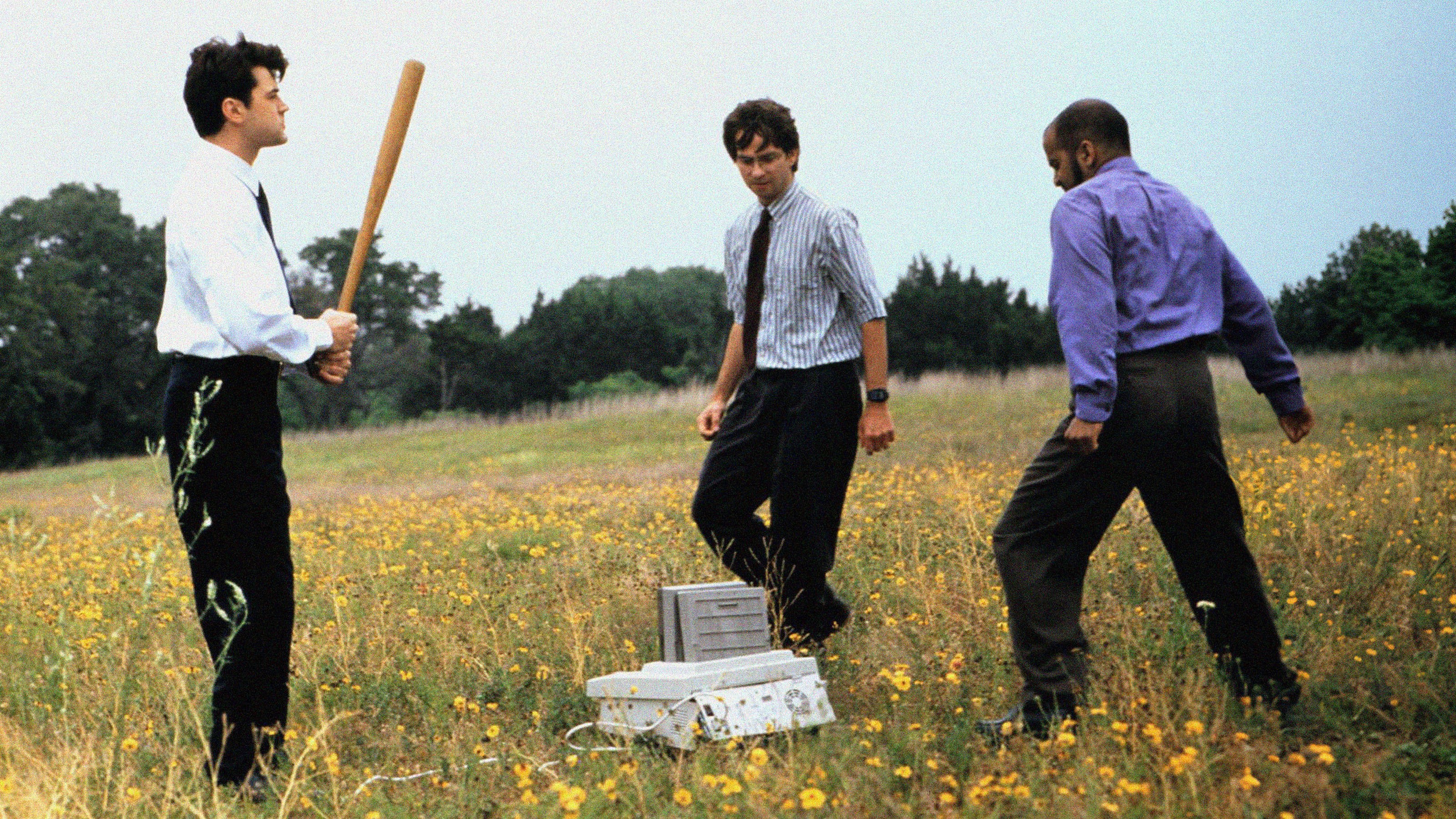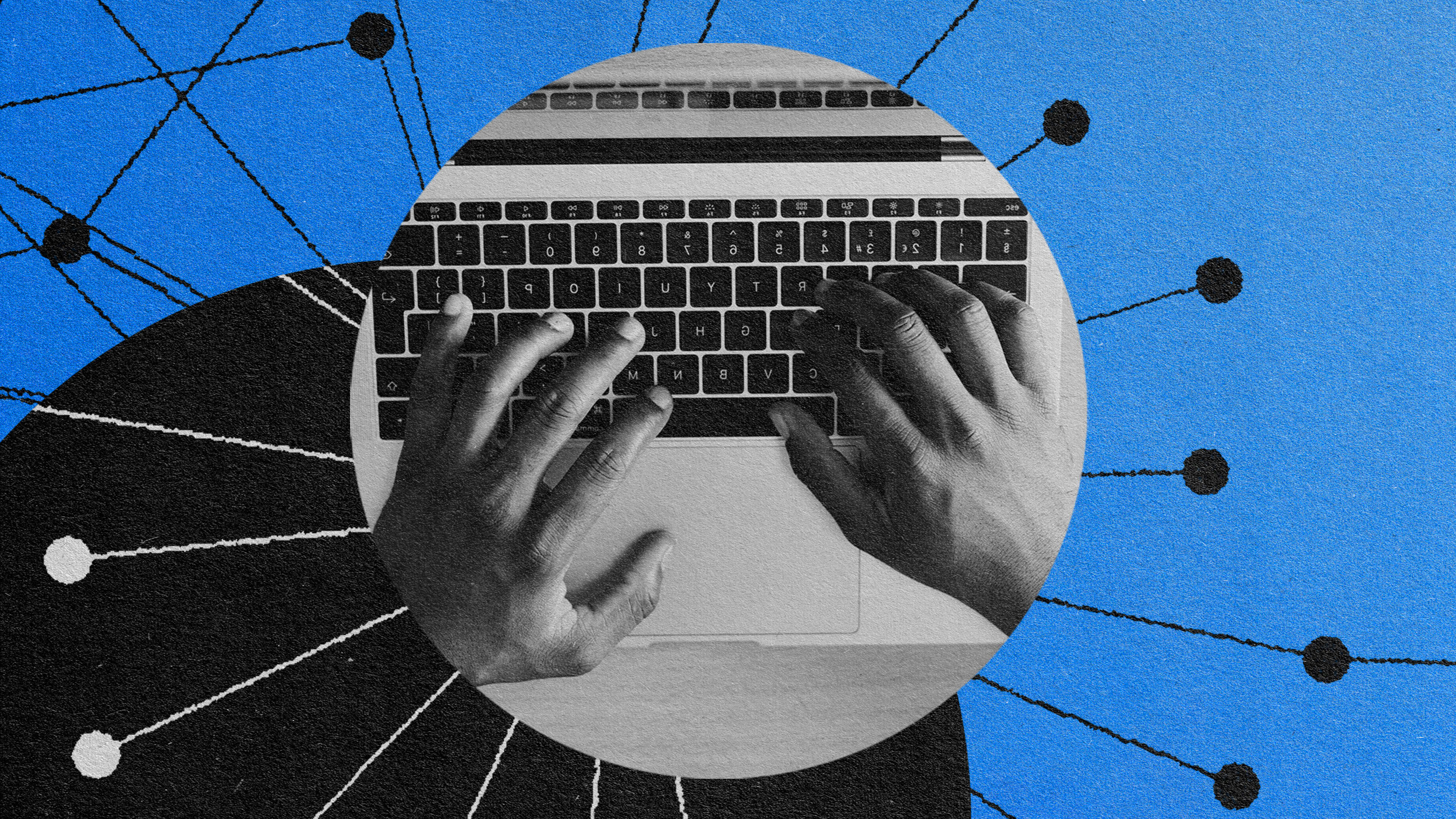The best advice to getting hired is also something you were told in middle school: be yourself. “Likability leadership expert” Michelle Tillis Lederman believes that if you’re not yourself during your interview, you probably won’t be a great fit for the job. Interviewers are far more likely to want to see someone real rather than someone projecting an image of a perfect person. Michelle makes a stellar observation that the interview often starts long before the actual sit-down interview itself. Michelle Tillis Lederman’s new books are Nail the Interview, Land the Job and The 11 Laws of Likability.
Michelle Tillis Lederman: One of the most common mistakes I see in interviewing is that the candidate puts on what I call the interview mask.
They shift from who they are to “I am now the ideal candidate.” And it almost becomes robotic. And it becomes disconnected. And we sit there in front of somebody and we’re not really us. I’ve always brought who I am to an interview. And sometimes I didn’t get the job because of it.
But isn’t it better for somebody to understand that this is who you are and how you’ll interact when you’re not just sitting in that interview chair— and does it fit with the organization?
I went through seven rounds with the most impressive consulting company that you’d ever heard of. I wanted the job, and I was me and I was loose and I was chatty.
And the feedback even after seven rounds when they had the technical skill. Remember, they’re only trying to figure out three things. Can they do the job? Do they want to do the job? And will they fit?
Well they knew I could do the job. They knew I wanted to do the job. And they kept interviewing to try to find this fit, and it wasn’t there.
And after I was upset for an hour I got over it.
If you understand that if you’re bringing this mask, this persona that is not what you’re going to bring to the workforce, you might end up in a role that is not the right one for you.
We often get contrary questions seeking information that might not put us in the best light.
And our idea of a great response is to give them a fake one, give them one that looks like a strength. Well I was in that position and I had my what’s your greatest weakness answer ready – delegation. Thinking “oh, I’m a doer and I do it all myself,” and I presented that.
And the interviewer said “yeah, I get that answer all the time. Give me another one.” And I was a deer in the headlights.
And I tried humor and I said, “What do you mean? I’m not perfect? I have more flaws?”
He wouldn’t let me get away with it. And what happens in those moments is that you give a real answer. And that’s what I want you to do. Give a real answer.
And I said “well, if you asked my mom the question she’ll tell you that sometimes I talk before I think and that my foot fits very well into my mouth. And it’s true, and I’m working on it.” And then I proceeded to say “here’s the ways in which I’m trying to get better at that. But I’m not there yet.”
If that interviewer leaves not having the answers that they need it’s very hard to evaluate whether or not they want to hire you.
So if somebody asks you a question make sure you are giving them the answer up front. I always say: put the bottom line on top. Answer the question and then explain it.
A company would much rather have somebody who’s aware of the things that they need to work on and know that they’re working on it than somebody who thinks “I got this all”.
Attitude over aptitude will get you a long way.
Another mistake that candidates make is not recognizing when the interview starts and when it stops.
Because it’s not just that hour that you’re in the room. That interview starts from the moment they invite you for the interview and sometimes even before. Every interaction you have in scheduling, in the security area, in the elevator, in the waiting room are all part of the process.
And I love that time where you’re walking from the waiting room to the interview room with your interviewer. That rapport building is such a key portion of the interview. And I actually consider it the initial stage.
After the interview is over, that hour ends and they say goodbye—it’s not over. We all know about the thank-you note.
But I would even tell you that when you don’t get the job, it’s still not over. Build the relationship with that interviewer. Build the relationship with the company because maybe that job wasn’t the right one for you, but maybe the next one is. Get some feedback. Maybe you can enhance your skills and do better at the next interview. Maybe you know somebody that you can refer in. Understand that the end of the interview is not the end.





